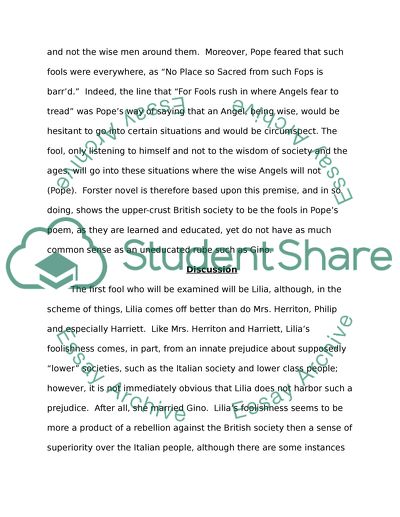Cite this document
(“Where Angels Fear to Tread, E.M. Forster Term Paper”, n.d.)
Retrieved de https://studentshare.org/literature/1390606-where-angels-fear-to-tread-em-forster
Retrieved de https://studentshare.org/literature/1390606-where-angels-fear-to-tread-em-forster
(Where Angels Fear to Tread, E.M. Forster Term Paper)
https://studentshare.org/literature/1390606-where-angels-fear-to-tread-em-forster.
https://studentshare.org/literature/1390606-where-angels-fear-to-tread-em-forster.
“Where Angels Fear to Tread, E.M. Forster Term Paper”, n.d. https://studentshare.org/literature/1390606-where-angels-fear-to-tread-em-forster.


